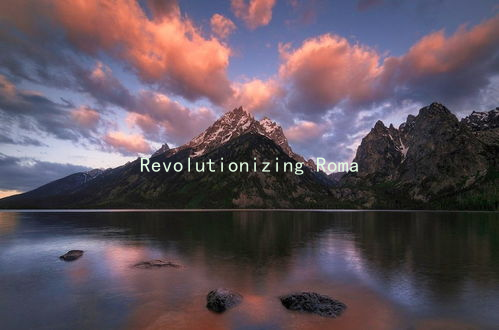Revolutionizing Romance: Future Approaches to Sex Education in Relationships
Revolutionizing Romance: Future Approaches to Sex Education in Relationships
As our society continues to evolve, so too do our understandings of relationships and intimacy. Traditional sex education often lacked depth, focusing primarily on the mechanics of reproduction rather than the emotional, psychological, and interpersonal aspects of healthy relationships. To revolutionize romance, its essential to integrate comprehensive sex education that aligns with our contemporary values and recognizes the diversity of human experience.
One future approach to sex education in relationships is to adopt a holistic perspective that encompasses emotional intelligence, consent, and communication skills. Rather than merely teaching how to protect oneself physically, education should encourage self-discovery and awareness of one’s own desires and boundaries. Teaching individuals to articulate their needs and feelings can foster healthier, more fulfilling relationships.
Moreover, incorporating discussions on intimacy that transcend physical connection is vital. Programs should explore the significance of emotional intimacy, vulnerability, and trust-building. Participants can learn how to nurture these qualities, emphasizing that a strong emotional foundation enhances both physical and relational satisfaction. Workshops that include role-playing scenarios can empower individuals to practice these skills in a safe environment, preparing them for real-life interactions.
The role of technology in relationships cannot be overlooked. In our digital age, cultivating healthy online interactions is equally important. Future sex education must address the challenges and nuances of modern dating, including navigating online platforms, understanding digital consent, and recognizing potential red flags in virtual communication. Educators can use engaging formats, such as virtual reality experiences or interactive apps, to simulate relationship scenarios, making learning both fun and impactful.

Furthermore, inclusivity is crucial in revolutionizing romance education. Traditional sex education often revolves around heterosexual, monogamous relationships; however, an effective program must include diverse orientations and relationship types. By representing LGBTQ+ perspectives, polyamorous relationships, and more, we can create an educational environment that affirms all identities and fosters mutual respect and understanding.
An additional essential aspect is the focus on mental health in relationships. As awareness of mental health grows, its vital to incorporate discussions on how mental health issues can affect relationships. Understanding the interplay between mental health and romantic partnerships can prepare individuals to support themselves and their partners, encouraging open dialogue about struggles without stigma.
Finally, promoting ongoing education rather than a one-time program can solidify these skills throughout a person’s lifetime. Regular workshops, community events, and accessible online resources can keep the conversation going, ensuring individuals continue to learn from their experiences, share insights, and grow in their relationships.
In conclusion, revolutionizing romance through innovative approaches to sex education involves a comprehensive understanding of relationships as a blend of emotional, psychological, and physical components. By focusing on emotional intelligence, embracing technology, fostering inclusivity, addressing mental health, and promoting continuous learning, we can build a future where individuals navigate their relationships with confidence, empathy, and respect. This shift will pave the way for healthier, more meaningful connections in a world that is constantly evolving.





